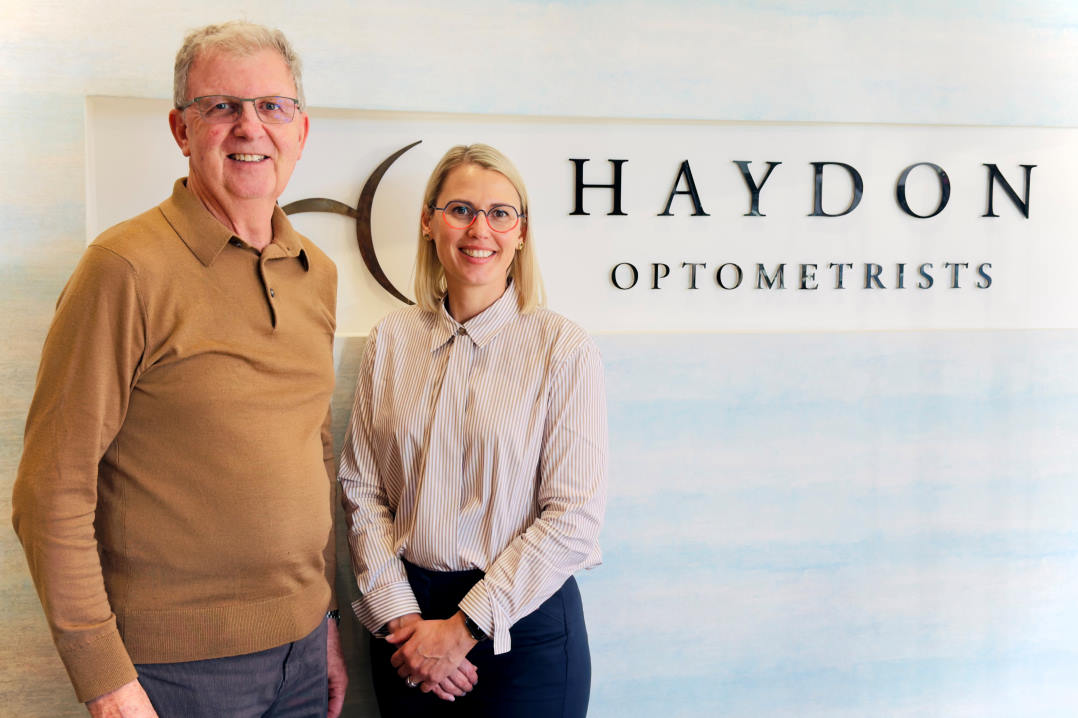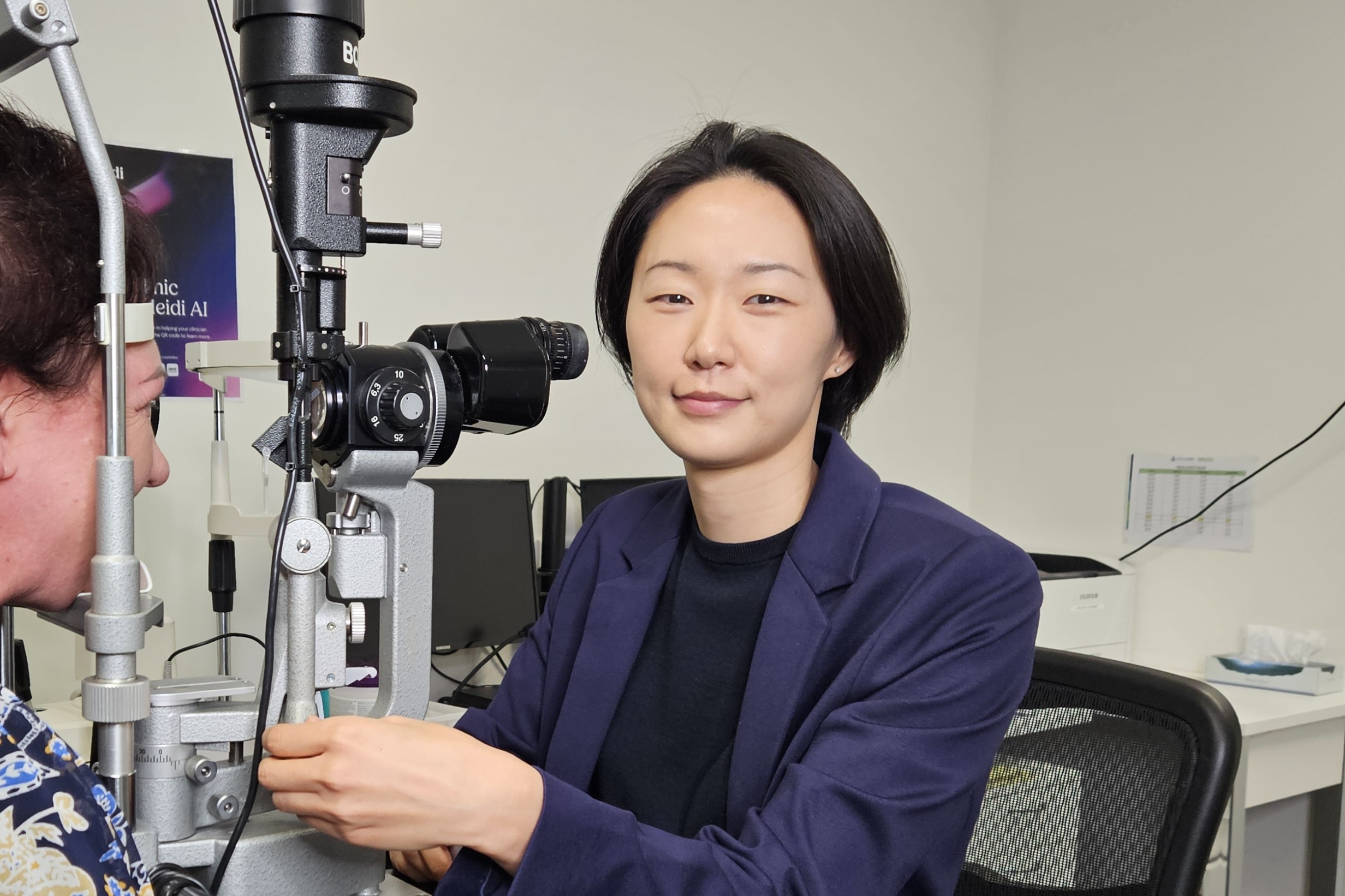New era for therapeutic products regulation
The passing of the Therapeutic Products Bill marks the most significant change to the regulation of medicines, medical devices and natural health products in New Zealand in nearly 40 years, said health minister Dr Ayesha Verrall.
Replacing the Medicines Act (1981) and the Dietary Supplements Regulations (1985), the bill had its third reading in the House on 19 July. It provides New Zealanders with the assurances they deserve about the safety and quality of therapeutic products, said Dr Verrall. “It strikes the right balance in regulating these products according to their different risks and benefits.”
As well as replacing and modernising the regulatory arrangements for medicines, the bill will provide fit-for-purpose regulation of medical devices and cell, gene and tissue therapies which, until now, have not been fully regulated, said Dr Verrall. It will also be the first time New Zealand has had comprehensive risk-proportionate regulation in place for natural health products, she added.
The Optometrists and Dispensing Opticians Board (ODOB) welcomed the enactment of the Therapeutics Products Act 2023 (TPA) and congratulated the minister for prioritising it after many years of deliberation. The existing Medicines Act 1981 and its regulations were outdated and the TPA better reflects the modern healthcare environment, said ODOB chair Kristine Hammond. “We support the purpose of the TPA which will help ensure acceptable safety, quality and performance of medicines and medical devices and that there is an evidence base to support any claims of health benefits.”
While the full details of how the TPA will be enacted have yet to be published, the title of authorised prescriber (enabling optometrists to freely prescribe within their scope under the Medicines Act) will be replaced with a more generic health practitioner prescriber title, with prescribing rights determined by the scope of practice for each given profession. The scope of practice for both optometrists and dispensing opticians will need to be carefully refined and aligned with any additional regulatory and monitoring requirements via the ODOB when the act comes into effect on 1 September 2026, said Hammond. “We do not anticipate a regression to the previous list of permittable medicines, but rather anticipate lists of permittable activities under each scope, which can include prescribing medications. However, the details of how this will operate under the TPA remains unclear until secondary legislation becomes available.”
The ODOB is in the process of unpacking the impact of the TPA and is working with the Ministry of Health to better understand the impact on optometrists and dispensing opticians, said Hammond. Its first focus is to consider the controlled activities (section 69) and to determine what is within the scope of each profession, she said.
























